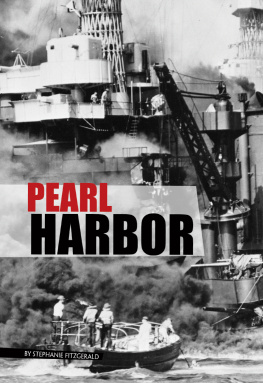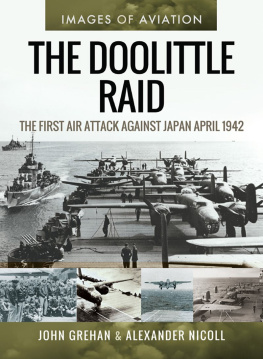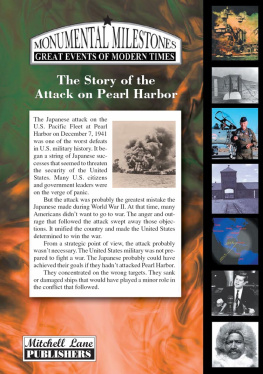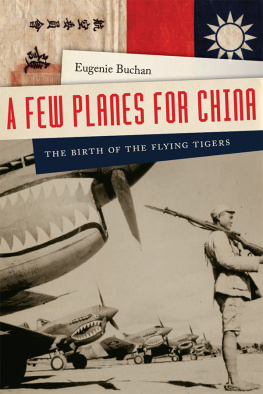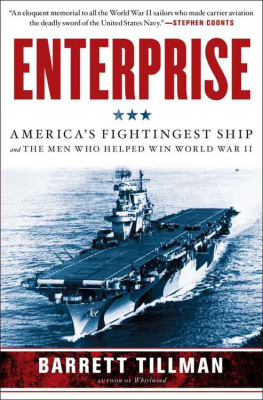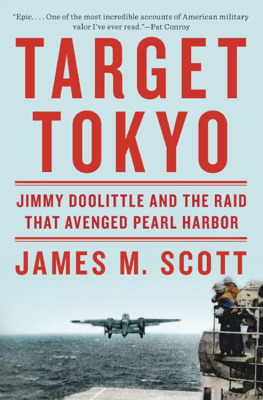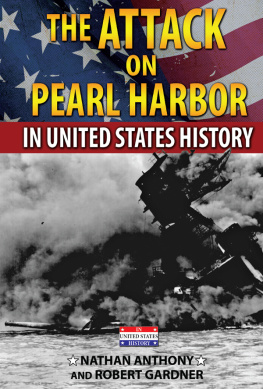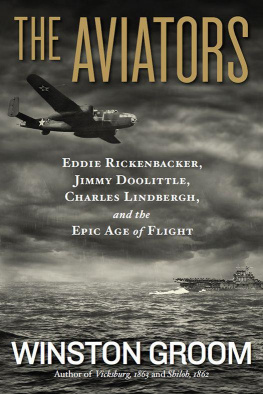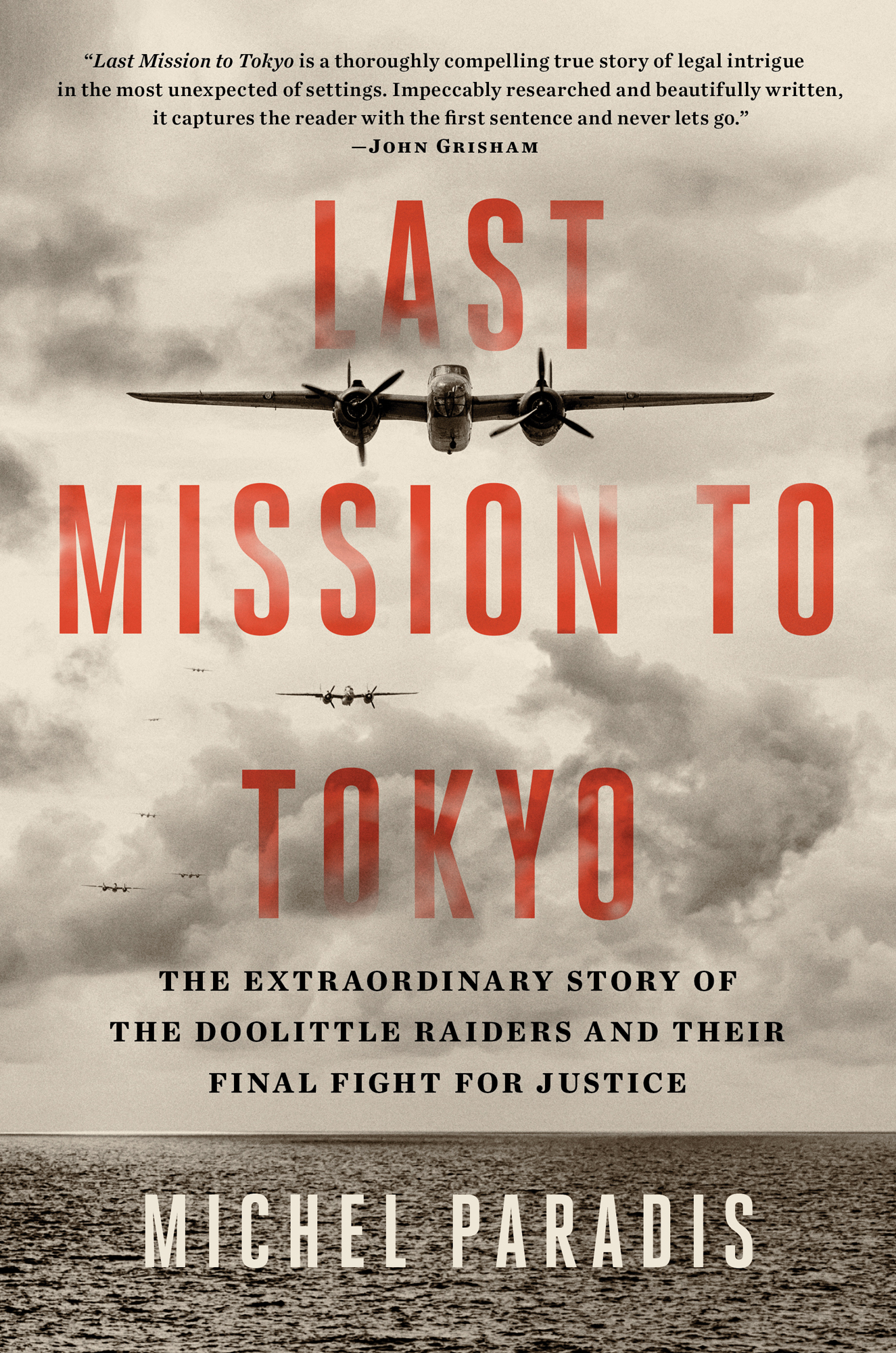CONTENTS
Guide

Simon & Schuster
1230 Avenue of the Americas
New York, NY 10020
www.SimonandSchuster.com
Copyright 2020 by Michel Paradis
All rights reserved, including the right to reproduce this book or portions thereof in any form whatsoever. For information, address Simon & Schuster Subsidiary Rights Department, 1230 Avenue of the Americas, New York, NY 10020.
First Simon & Schuster hardcover edition July 2020
SIMON & SCHUSTER and colophon are registered trademarks of Simon & Schuster, Inc.
For information about special discounts for bulk purchases, please contact Simon & Schuster Special Sales at 1-866-506-1949 or .
The Simon & Schuster Speakers Bureau can bring authors to your live event. For more information or to book an event, contact the Simon & Schuster Speakers Bureau at 1-866-248-3049 or visit our website at www.simonspeakers.com.
Interior design by Lewelin Polanco
Jacket design by Rex Bonomelli
Jacket image of Sea by Jorg Greuel / Getty Images;
Airplanes by Lou Collection / Alamy Stock Photo
Library of Congress Cataloging-in-Publication Data is available.
ISBN 978-1-5011-0471-8
ISBN 978-1-5011-0474-9 (ebook)
To Zelda XIV
THE MURDER

How do you tell a man that he will be killed tomorrow? Sotojiro Tatsuta confronted this question on the evening of Wednesday, October 14, 1942. He had just gotten off the phone with his boss in Nanking. As the warden of the Jiangwan Military Prison, the Japanese Armys brig on the outskirts of Shanghai, this execution would be his responsibility.
Tatsuta gathered the three American prisoners who would soon hear this news together. Higher-ups had spared his five other Americans, who were still back in their cells. Only these three men would be shot through the head the next morning. Tatsutas job was to organize it all, and at this moment, his job was to tell them.
A skinny man with a gold tooth that tended to flash when he talked, Tatsuta was conflicted. Yes, these men were his enemiesor at least the enemies of Japan. Yes, they had been duly convicted of atrocities against his people. And yes, only these three men would have to die tomorrow, instead of all eight, thanks to the mercy of Emperor Hirohito. But these kinds of rationalizations, all perfectly good and reasonable, were hard to keep at the front of his mind as he looked at the still living, breathing, blinking young menbarely more than boys, reallywhose every hope, dream, fear, ambition, and debt would be soon rendered moot. A single bullet was scheduled to break through their foreheads, scramble their brains, and leave nothing but paperwork. Tatsuta would inventory their belongings, and see to it that their bodies made it to the crematorium, and they would be gone.
Standing before them with his translator at his side, Tatsuta stalled with small talk. He showed some snapshots of his wife and kids back in Japan and they shared their own family photos. None was married, but William Farrow, who stood nearly a foot taller than Tatsuta, showed him the picture of a girl named Lib Sims. A lean six foot three with blond hair and a square jaw, Farrow had an all-American look that fit his earnestness. Lib, he said, was going to be his wife when he got back home.
The war had been raging for nearly a year. Japan was still on top, though its victory looked less certain than it had back in April, when these Americans had supposedly bombed Tokyo. They were his enemies. He was theirs. But sitting face-to-face, looking at the picture of a girl who would have to find someone else to marry, made the war rather remote.
When the eight Americans had been brought to Jiangwan two months earlier, Tatsuta had been told that they had attacked schools, temples, and hospitals in Japan, killing many civilians. To look at them, though, it was hard to believe. Something about the youngest of them, a nineteen-year-old sergeant by the name of Harold A. Spatz, couldnt help but remind Tatsuta of his oldest son, who was just twenty-one years old and off fighting with the Japanese Army somewhere.
After chatting for a bit, all Tatsuta could bring himself to say was that something might happen tomorrow, and he gave the three of them some blank sheets of paper to write out their wills. He promised that if anything did happen, he would personally make sure that they were forwarded to the Red Cross. And he suggested that they also take the chance to write some letters home. He left for the night and, on his way out, told one of his men to give the three Americans some of the food he had bought in Shanghai so they could have a nice last meal.
Tatsutas translator, Caesar dos Remedios, stayed behind and, once Tatsuta was gone, put things more bluntly: the three of them, were being executed as war criminals. The letters home would be their last and it would be a good idea to give a little top hat to the Japanese about how good their treatment had been. Saying something nice would be seen as a good gesture and would help make things better for the other five Americans after they were gone.
Before Remedios left them to their final thoughts, Billy Farrow stopped him. Farrow emptied his pockets and gave the handful to Remedios. It was not much: a Social Security card, a Red Cross card, $110 in Bank of America travelers checks, and his photo of Lib. I hope you might make use of them, Farrow said.
The next morning, Tatsuta went out to the old Chinese cemetery, just outside the redbrick walls of the headquarters of Japans 13th Army, the Noboru Unit, where the overgrown grass was littered with lost golf balls from the links next door. Japanese military tradition called for a rope to be laid around the execution site to purify it. As his men planted three wooden crosses in a line, whose crossbars were about waist high, and placed straw mats at the foot of each cross, Tatsuta set up a small table for incense and flowers.
Once everything was ready, Tatsuta ordered his men to bring the three condemned Americans out to the cemetery, and before long a crowd gathered at the execution grounds. All sorts of people from the 13th Army came. Major Itsuro Hata, the prosecutor who had won the death sentences against the three men, was there to serve as the official witness, along with his clerk, a medical officer, and an interpreter. Senior officers from Japans secret police, the Kempeitai, had even driven the hour from Shanghai to attend. Everyone knew that this was a historic moment. These Americans were the first foreigners ever to succeed in attacking Japan. Everyone was there to see that Japan had not let them get away with it.
It was early evening, but still light out. The three young Americans were helped off the truck. The medical officer examined each man and pronounced him physically sound for execution. They were then led in a procession to the crosses that had been planted over the straw mats. Major Hata read the judgment against the three men aloud: William Farrow, Dean Hallmark, and Harold Spatz, enemy airmen, all found guilty of atrocities against civilians; sentenced to death. He then added a few consoling words and bowed deeply to them as a sign of respect.
A firing squadthree riflemen, three alternates, and three men to stand guardassembled stiffly about thirty feet away. There was one bullet for each man. Tatsuta and his men then made Farrow, Hallmark, and Spatz kneel on the straw mats and tied each man by his forearms to the crossbar behind him. They knotted white handkerchiefs around their faces and painted a black mark on the point between each mans eyes where the bullet was to go.


